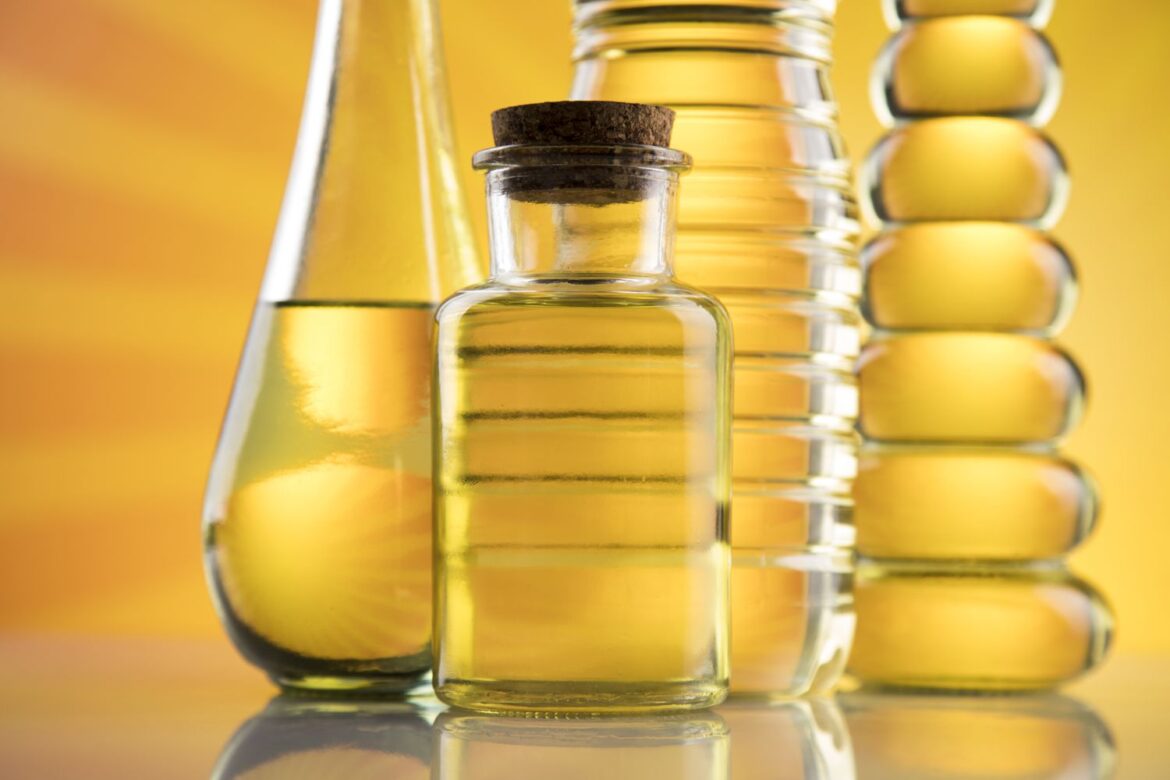Key Takeaways
Vegetable oil can refer to oil that comes from plants, but the vegetable oil you see in the supermarket is often a blend of oils such as soybean, sunflower, and/or canola oils.Vegetable oil isn’t inherently bad for you, in part because it’s often used in such small amounts, but some vegetable oil and vegetable oil blends are healthier than others.Extra-virgin olive oil is one of the healthiest vegetable oils to use for dressings, marinades, and low-heat cooking, whereas avocado oil is a nutritious choice for cooking methods that require higher heat, such as roasting and grilling.
Vegetable oil is a staple in the kitchen, whether you’re frying omelets for breakfast or whisking dressings for a salad. The ingredient has also been the subject of controversy on social media, prompting many people to wonder if vegetable oil is bad for you. But here’s the thing: As with most health-related debates, the answer is more nuanced than it might appear online. To learn more, we tapped nutrition experts for the lowdown on vegetable oil, plus whether it can be part of a healthy and balanced diet.
Lauren Fleck, MS, RD, a registered dietitian and owner of Lauren Fleck Nutrition
Maddie Pasquariello, MS, RDN, is a registered dietitian nutritionist and founder of Nutrition With Maddie.
What Is Vegetable Oil?
The term “vegetable oil” generally refers to oils extracted from plants like seeds, nuts, and grains. “The most common examples are soybean, canola, sunflower, olive, sesame, flaxseed, palm, and peanut oils,” says registered dietitian Maddie Pasquariello. These oils can vary in color, odor, flavor, and ideal cooking temperature, so the best cooking application depends on the type.
Most commonly, however, the term “vegetable oil” indicates a blend of oils. This often includes a combination of soybean, corn, sunflower, peanut, and/or canola oils, according to registered dietitian Lauren Fleck. The typical vegetable oil blend is odorless, flavorless, and suitable for high-heat cooking, making it a go-to option for deep frying.
Is Vegetable Oil Bad for You?
Vegetable oils—particularly seed oils—have gotten a bad rap in recent years. But as with all aspects of nutrition and health, it’s important to look at the bigger picture.
First, all food can be part of a balanced diet. So, instead of labeling food as “good” or “bad,” it may be more helpful to consider how an ingredient (in this case, vegetable oil) relates to your diet as a whole.
That being said, vegetable oil isn’t inherently “bad” for you, especially since it’s used in relatively small amounts. “Most people use vegetable oil in cooking and dressings [or] marinades; we’re not going to the cabinet and drinking a jug of it,” Pasquariello points out. Vegetable oil is also often used to cook deep-fried and ultra-processed foods—which, yes, aren’t great for your health. However, if you’re eating a lot of these foods, “you’re also likely consuming more sugar, sodium, and calories, while not getting enough fiber, protein, or micronutrients,” explains Pasquariello. In other words, everything builds on itself, and one ingredient (i.e., vegetable oil) in isolation is rarely the reason for poor health, Pasquariello confirms.
Bottom line? “Overall, there’s no need to be fearful of certain types of vegetable oil, or vegetable oil in general, when the rest of your diet is generally nutritious and you practice healthy lifestyle habits,” shares Pasquariello.
How Heating Impacts Vegetable Oil
The effects of heating vegetable oil is another hot topic (no pun intended). But again, it depends on certain factors, including the characteristics of an oil and how often you’re heating it.
The way heat affects vegetable oil depends on the oil’s smoke point, or the temperature at which an oil starts smoking. Oils with higher smoke points are more stable at higher temperatures, while those with lower smoke points will break down and become bitter at lower temperatures. Additionally, when an oil is heated too high (i.e., past its smoke point) or reused repeatedly, it can lead to oxidation and the formation of harmful compounds, per Fleck.
Thus, it’s a good idea to choose an oil based on the temperature you’re cooking at. “For instance, canola or peanut oil might be a better choice for deep frying compared to olive oil due to their [high] smoke points and oxidative stability,” explains Pasquariello. In contrast, if an oil is reheated many times to high temperatures, significant nutritional changes can happen—but, as Pasquariello points out, this isn’t usually something most folks are doing at home.
Healthiest Types of Vegetable Oil
Although the following vegetable oils get two thumbs up from dietitians, it doesn’t necessarily mean other varieties are unhealthy or should be avoided, especially when you consider that vegetable oil is often used sparingly. With that in mind, these oils are highlighted for their versatility and flavor, in addition to their nutritional perks.
Extra-Virgin Olive Oil
“If you’re choosing to incorporate vegetable oil into your diet, extra-virgin olive oil is a great place to start, as it’s flavorful and extremely versatile,” shares Pasquariello. What’s more? “It’s rich in heart-healthy monounsaturated fats and antioxidants,” says Fleck. Extra-virgin olive oil is a stellar option for uncooked applications (like salad dressings and marinades) and low-heat cooking, Fleck notes.
Avocado Oil
“Avocado oil is packed with monounsaturated fats and vitamin E,” shares Fleck. It also has a high smoke point, making it ideal for a range of cooking methods, including roasting, sautéing, and grilling, Fleck adds.

